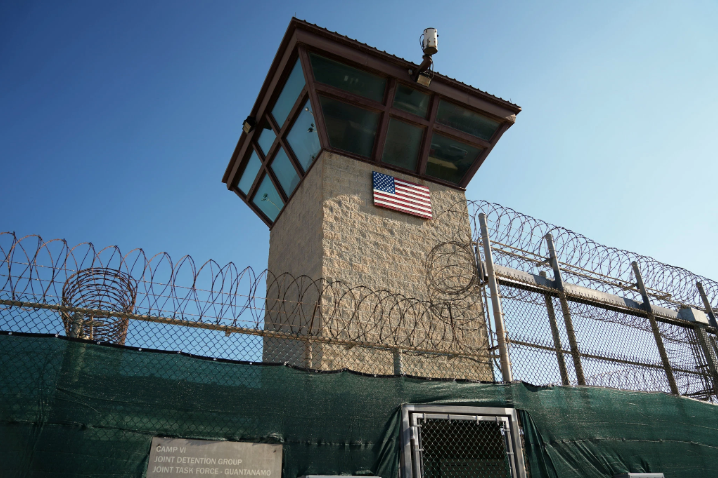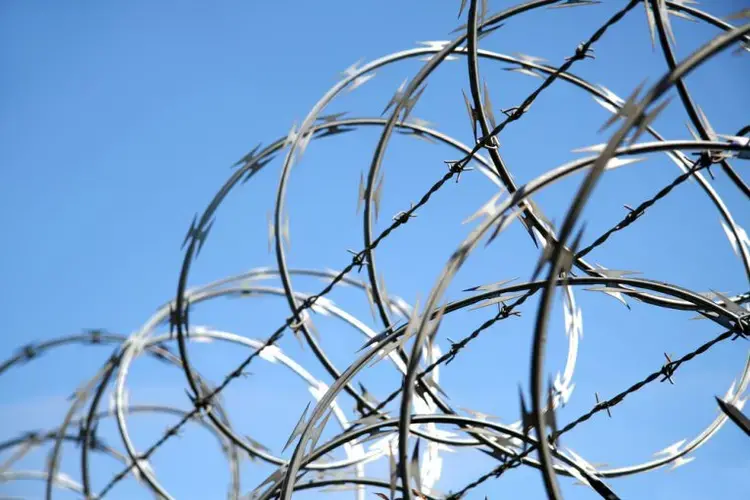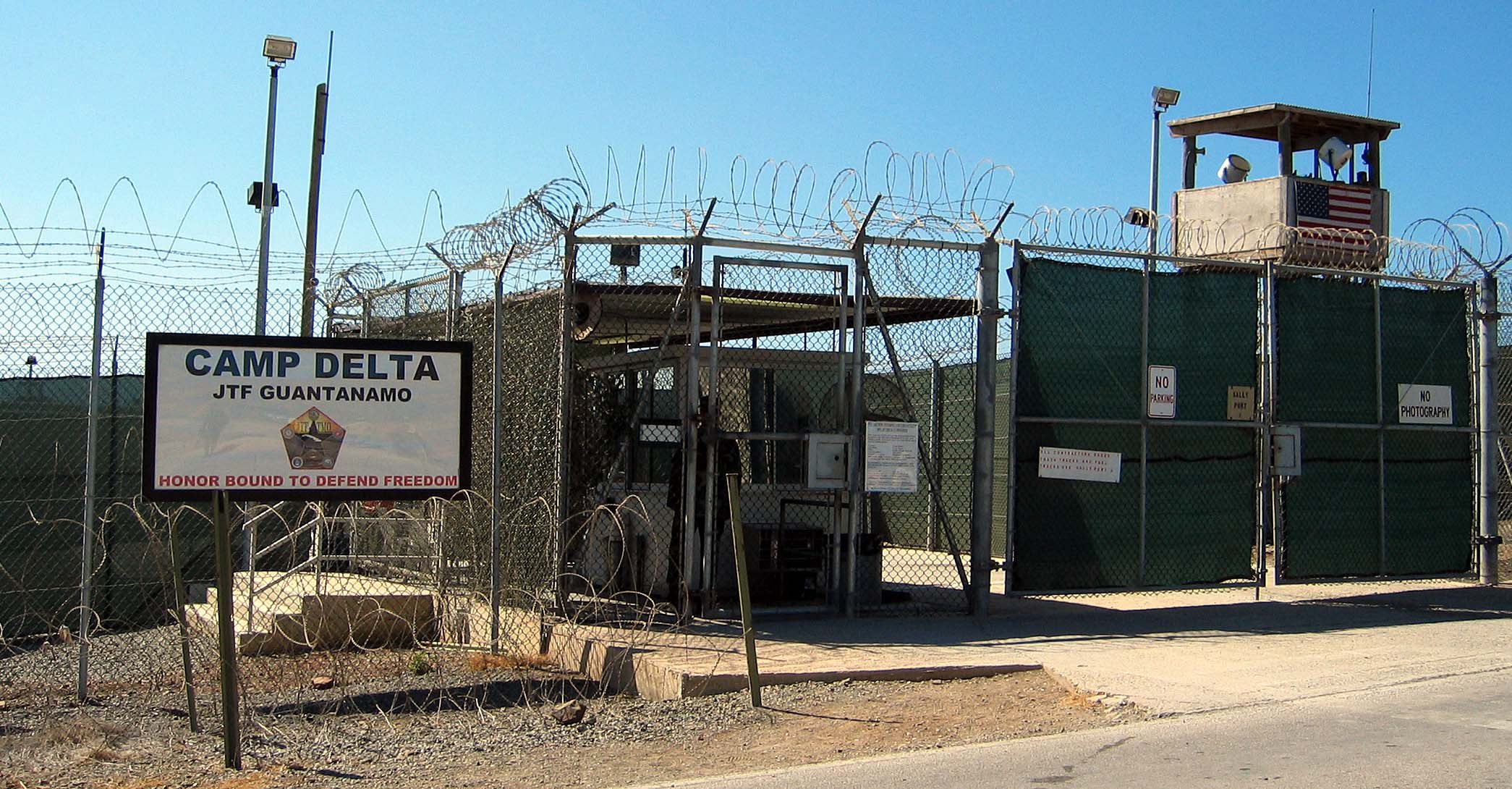
An Army judge proposed on Tuesday a February 2022 trial date for the death penalty tribunal of a Saudi man who is accused of orchestrating the Qaeda suicide bombing of the American destroyer Cole that killed 17 sailors off Yemen two decades ago.
The judge, Col. Lanny J. Acosta Jr., included the date in a four-page order that set out a series of deadlines for pretrial litigation over the next two years. He gave prosecutors and defense lawyers until March 31 to provide comment.
The Saudi man, Abd al-Rahim al-Nashiri, 55, is charged with murder in violation of the law of war, terrorism and other war crimes for the attack on the destroyer on Oct. 12, 2000. It was carried out by two suicide bombers who sailed a bomb-laden skiff alongside the Cole during a routine refueling stop in Aden, Yemen, then blew themselves up.

The United States took custody of Mr. al-Nashiri in 2002 in Dubai, United Arab Emirates, and his case has been plagued by delays and complications since, starting with a decision to interrogate him in the C.I.A.’s secret overseas prison network rather than take him to a court in the United States. His lawyers have described him as a survivor of torture in the agency’s black sites.
In May 2003, while Mr. al-Nashiri was still in C.I.A. custody, he was named an unindicted co-conspirator in a terrorism case in the Southern District of New York. But the agency did not turn him over to military authorities at the prison at Guantánamo Bay until September 2006. He was first formally charged in November 2011.
Last year, a federal appeals court invalidated about two years of pretrial hearings in the case because an earlier judge, Col. Vance H. Spath, failed to disclose that while he was presiding over the case with a Justice Department prosecutor, he was negotiating with the Justice Department for a civilian job as an immigration court judge.




